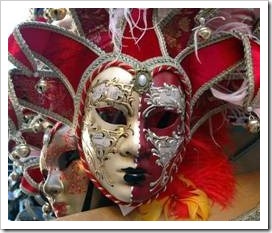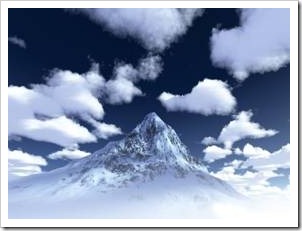Always be a first-rate version of yourself, instead of a second-rate version of somebody else.
– Judy Garland

The second part of my journey was during the first year of my college studies. I took a psychology course with one of the most incredible teachers I have ever met, where I realized that self-concept, regardless of when you start to define it, is something we all have to figure out. In our very first class, the teacher walked into a room full of students and asked, “Who are you?”. It sounded like such a simple question, but we struggled to answer it big time!
It takes courage to grow up and become who you really are
– E.E. Cummings
I was lucky to be able to go through such a deep search at a young age. With the help of great mentors, I started the journey of discovering, defining and refining my “self”. Ronit was no longer a name that people called me, it was just a fraction of who I was and mainly who I wanted to be.
When the psychology teacher asked the students to define themselves, I was shocked for two reasons. Firstly, I thought this was a process each of us had to go through within ourselves in our own time. The teacher thought that choosing to become educators meant we did not have the luxury of choice in this matter. No matter where we were on our journey, she thought we had to start defining ourselves right away!
The second reason was that I thought that I had progressed well in this process and that I had gone far. That teacher showed me that no matter how much I felt I had developed, discovering the “self” is a lifelong journey and there was still so much I could, should and would turn out to be.
Although this teacher thought it was the responsibility of teachers to start this self-discovery process, I think every person must start the process and the earlier, the better. Identity is not something that happens to us. It is our choice.
At bottom every man knows well enough that he is a unique being, only once on this earth; and by no extraordinary chance will such a marvelously picturesque piece of diversity in unity as he is, ever be put together a second time
– Friedrich Nietzsche
Be yourself

When Gal and I picked a name for our business, we thought that adding the “Be” to the “Happy” symbolizes the concept of discovery and good definition of self.
One needs courage to say “I am not the ‘me’ I want to be”
– Ronit Baras
During life coaching, I help my clients (even the young ones) to start the process of discovering, defining and refining their “self” the way they want it to be. It takes courage to say “I am not the ‘me’ I want to be”. Have you ever felt as if you were living in someone else’s body, that the words that just came out of your mouth were not really yours or that your actions are not a real reflection of who you are?
There is just one life for each of us: our own
– Euripides
Everyone feel like that sometimes. This is because our brain has parts that we have no control over. It may be our primitive brain that turns on the fight or flight response, thinking every word someone else says is a threat. Or it may be our subconscious mind that hijacks our emotions and make us choose to say or do things that we totally disagree with.
Why try to be someone you’re not? Life is hard enough without adding impersonation to the skills required
– Robert Brault
Let go of the mask

Let the world know you as you are, not as you think you should be, because sooner or later, if you are posing, you will forget the pose, and then where are you?
– Fanny Brice
Start as early as you can
A process of self definition can start in childhood only when parents initiate it. They can only initiate it if they are secure in their own definition of self, and are not afraid their child may define themselves in a completely different way to what they want them to.
We are so accustomed to disguise ourselves to others that in the end we become disguised to ourselves
– François Duc de La Rochefoucauld
If you are an adult now and your parents were not secure, or they never went through the self definition process, do not to blame them for it. Most people do not have the courage, the safe space, the understanding or the awakening experience to start them off. Accept, forgive and promise yourself to be more courageous than they were.
Start now. Today is the first day of the rest of your life. It is a great cliché, but it is very powerful.
The strongest force in the universe is a human being living consistently with his identity
– Tony Robbins
Be like others and please the “Gods”
If God had wanted me otherwise, He would have created me otherwise
– Johann von Goethe

If you look around, you will discover just how much energy is dedicated to being like others. Everyone does it, regardless of age, gender, status, race or culture. Fashion, commercialism, consumerism and the idea that the grass is always greener on the other side are great examples of our desire to be like others and please the “Gods”. People do it even if the original “Gods” are long gone. Unfortunately, by the time we start the process of defining ourselves, we are already wired to be like others, even if it brings us pain and misery.
He who travels in search of something which he has not got, travels away from himself and grows old even in youth among old things
– Ralph Waldo Emerson
Join me next week for the next part of the Be Yourself series.
Until then, be yourself. Everyone else is taken,
Ronit
This post is part of the series Be Yourself:
- Be Yourself: Everyone Else is Taken
- Be Yourself: Who Am I?











